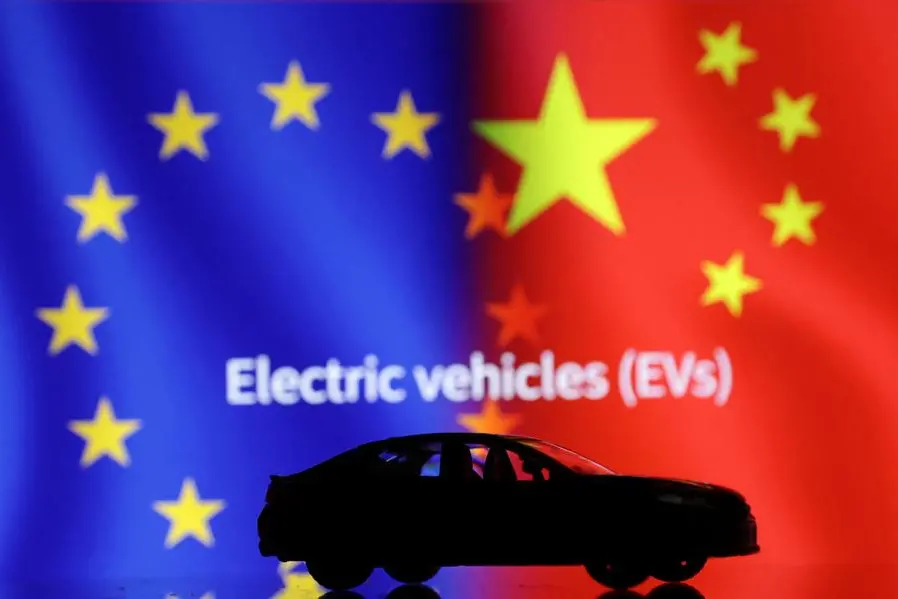PHOTO
The European Commission cut on Tuesday its proposed tariff on imports of Tesla cars built in China, and said some Chinese firms in joint ventures with EU automakers may receive lower planned punitive duties on Chinese-made electric vehicles.
In the highest profile European Union probe of alleged Chinese subsidies, the Commission issued draft definitive findings of its anti-subsidy investigation, which has provoked threats of retaliation from Beijing.
It set a new reduced rate of 9% for Tesla, lower than the 20.8% it had indicated in July.
Tesla had requested a recalculation of its rate to be based on the specific subsidies the company had received, according to the Commission.
The EU executive said on Tuesday it still believed Chinese EV production had benefited from extensive subsidies and proposed final duties of up to 36.3%. That is slightly lower than the maximum provisional duty of 37.6% the Commission had set in July for companies that did not cooperate with the EU's anti-subsidy investigation.
Tesla was among the companies classed as cooperating with the EU investigation.
The Commission said it conducted an investigation, including sending a team to Tesla facilities in China, to verify what subsidies the firm had received.
A Commission official said Brussels had concluded that Tesla receives less subsidies from China, compared to the Chinese EV producers Brussels had investigated.
The tariffs are on top of the EU's standard 10% duty on car imports.
The Commission, which oversees the bloc's trade policy, says the measure is needed to counter what it says are unfair subsidies.
It said on Tuesday the three companies it had sampled would each receive slightly lower provisional duties. For Chinese electric vehicle giant BYD, it said the rate was 17.0%, Geely 19.3% and SAIC 36.3%.
In July, the Commission set provisional duties of between 17.4% and 37.6% on top of the EU's standard 10% duty on car imports. For BYD the additional rate was 17.4%, Geely 19.9% and SAIC 37.6%.
Chinese firms in joint ventures with EU producers may also be eligible for the lower duty rates planned for the Chinese company in which they are integrated - as opposed to automatically receiving the highest tariff rate, the Commission said.
(Reporting by Philip Blenkinsop, Kate Abnett, Sudip Kar-Gupta, Benoit Van Overstraeten; editing by Emelia Sithole-Matarise)





















